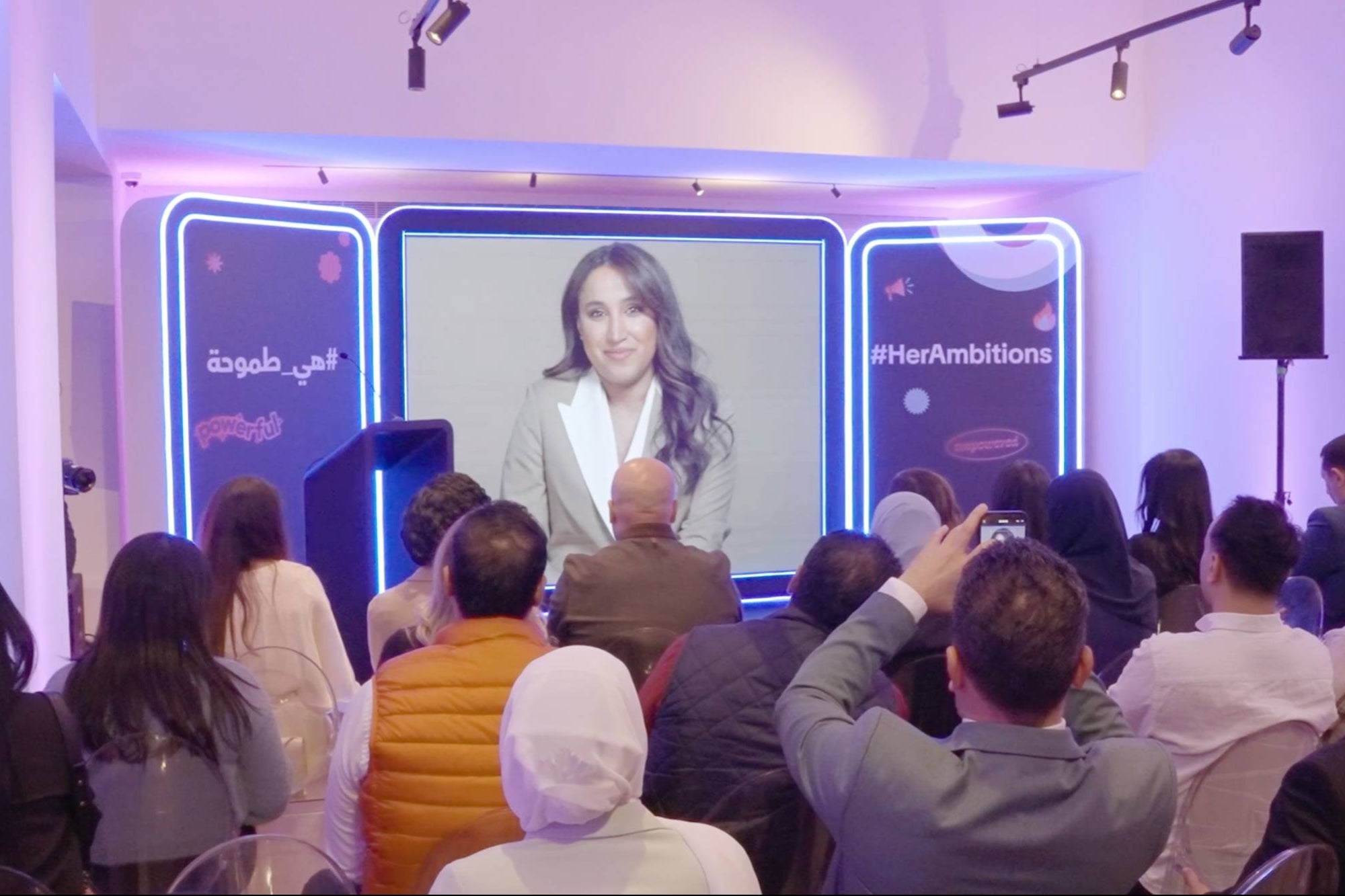Follow The Leader: Ahmed El Alfi, Founder and Chairman , Sawari Ventures Ahmed El Alfi explains the reasons behind his unwavering support to entrepreneurs across the MENA region.
By Tamara Pupic
You're reading Entrepreneur Middle East, an international franchise of Entrepreneur Media.

Back in 1990, Ahmed El Alfi founded Hybrid Capital Partners, a private investment partnership which funded, grew, and exited several successful companies. Two decades later, he decided to further help in transforming Egyptian and other MENA economies by funding technology-based companies, and that led to the establishment of Sawari Ventures, a Cairo-based venture capital firm. Over the years, Sawari Ventures has made 10 investments with an average ticket size of US$ 300,000. In addition, El Alfi is the founder of The GrEEK Campus, a technology and innovation park located on the former American University of Cairo (AUC) campus- at present, 115 startups have made it their permanent base.
The early days of these two initiatives were marked with the Arab Spring, a series of protests and demonstrations across the region, and especially in Egypt, in 2011 and 2013. That period, El Alfi says, was filled with some of the most difficult situations he has had to navigate in his entire career. "The most challenging times started in January 2011, and included the subsequent unrest that lasted for a few years," El Alfi explains. "The most important thing during that period was to look out for the key people in my organisation because then they did the same thing and looked out for other people. In crisis, the most important thing is taking care of your people, which involves showing them and having them buy into the path through the problem, and making sure to be aware of their issues, both individual and business-related. At that time, I had a team of 10 people, in addition to our portfolio companies, which we always consider as a part of the team as well. I will never forget what my late father used to say, and that is that you need to deserve the people whom you lead."
Being an entrepreneur, El Alfi knew how to handle dysfunctionalities in the market, and post the Arab Spring, he became even more inspired to support young MENA entrepreneurs, and proved instrumental in setting up Sawari Ventures' next initiative: Flat6Labs Startup Accelerator. Functioning as a hybrid model combining a startup accelerator and a VC fund, thus providing both seed and early/growth stage investments, Flat6Labs now has offices in Cairo, Jeddah, Beirut, Tunisia and Abu Dhabi.
"We are currently in five countries and we are looking to expand, maybe to add an additional location in some of the countries we are in and to expand into other countries," El Alfi says. "I hope that by the end of this year we will have Morocco off the ground, and a second location in one of the countries we are already present in. We are also looking at Kuwait and Jordan. In 2018, we will start looking to expand outside of the Arab world." After a few years of witnessing the growth of the MENA startup scene, El Alfi explains that two important changes, both presently occurring, will enable it to evolve into a more mature entrepreneurial ecosystem.
"Firstly, recognition by the traditional business community that startups can become legitimate players in the marketplace in the MENA region," he says. "That same perception is happening among talented personnel, since now you see senior and highly-qualified people leave big corporate jobs to join startups. Both of those are leading to better funding for startups. So, I think that everything is converging right now. In the future, we are going to see more foreign funds investing, as well as more local funds being formed, higher valuations and more high profile successful companies, and hopefully more startups." Flat6Labs, on average, receives 300 to 500 applications per cycle per location. The applications are evaluated on the basis of the teams' abilities, the novelty of their ideas, potential for scaling, and the Flat6Labs team's fit with the startup management. The accelerator is known for its founder-friendly terms, taking 10-15% equity in companies against seed funding offered, board representation, and some basic minority protection rights. To date, Flat6Labs has invested in 113 companies across Cairo, Jeddah and Abu Dhabi.Related Article: Six Business Lessons Entrepreneurs Can Learn From Dubai-Based Startup TruKKer
"The quality of the applications that we are getting has improved and the qualifications of the applicants are higher," El Al says. "I like to think that Flat6Labs and other programs are having a substantial impact in all the countries where we operate. We have had applications coming from 70 different countries, so people relocating from India, Russia or Italy to start a company at Flat6Labs. This is because the UAE is perceived as a good place to start up a company. We have also funded a few companies started by young Emiratis and we want to encourage that. We have just finished an innovation and ideation training program for the Emirati youth. I was pleasantly surprised by the size of the turnout and the quality of the young people who came. We should be doing that on a regular basis throughout the various emirates, not just in Abu Dhabi." As for the future, El Alfi is keeping an eye on social entrepreneurs.
"I continue to appreciate entrepreneurs who solve social problems because they improve the conditions in the market for everybody," he concludes. "Social problems are so deep in our region that it should be easy to attack one small section of it, but they should make sure that they get funding for the problem they are solving and they should be very efficient in their use of capital."
Related Article: The MENA Startup Ecosystem: Problems And (Potential) Solutions













